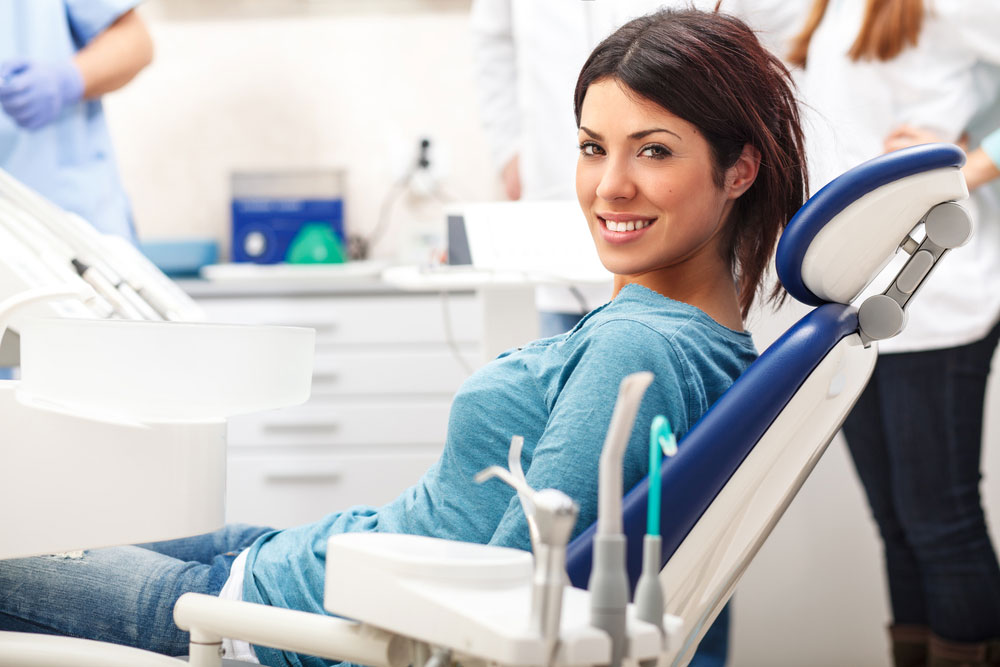People can get oral cancer exactly as they can have cancer in any other part of their body. Since the mouth is close to the face and neck, the cancer classification of these parts is collectively labeled as head and neck cancer. Oral cancer is often treated the same way head and neck cancers are treated.
Oral cancer occurs when cells in the lips or inside the mouth develop changes that allow cancer cells to continue to grow and divide, while healthy cells die. The accumulated abnormal oral cancer cells may form a tumor. With time, these cells can spread in the mouth, as well as to other parts of the head, neck, or other parts of the body.
Symptoms and signs of oral cancer include:
- Bleeding ulcer, or an ulcer that does not heal
- Dentures no longer fitting properly
- Difficulty or pain in chewing
- Difficulty or pain in swallowing
- Growth, aggregation, or thickening of the skin or lining of the mouth
- Pain in the tongue
- Pain or stiffness in the jaw
- A Sore throat
- Tooth decay
When should you check with a doctor?
Your dentist is your primary reference if you have any signs and symptoms that continually bother you and remain for more than two weeks. The dentist will probably look at other more common causes of these signs and symptoms first, such as infection, or the effect of dental prostheses, if any.
The factors that can increase the risk of oral cancer include:
- A weak immune system
- Excessive alcohol intake
- Exposing the lips to the sun excessively
- Use of any type of tobacco, including cigarettes, cigars, pipe, chewing tobacco and Khat
- A sexually transmitted virus called HPV (HPV)
Prevention of oral cancers
There is no proven way to prevent oral cancer. However, we can reduce the risk of infection by:
Stopping smoking or not smoking at all right from the start
For those who drink alcohol, do so in moderation. The excessive use of alcohol can irritate the cells in your mouth and expose them to oral cancer.
Eating a variety of fruits and vegetables. Vitamins and antioxidants in fruits and vegetables may help reduce the risk of oral cancer.
Avoiding exposing the lips to the sun excessively. It is best to protect your lips from the sun by staying in shade as much as possible.
Wearing a wide-brimmed hat that protects your entire face, including your mouth, from the sun.
Applying sunscreen on your lips as part of your routine sun protection system.
Going for regular checkups at the dentist and making your dental checkup a part of your health checkup routine. Ask your dentist to check your whole mouth for abnormal areas that may indicate cancer in the mouth or changes that can turn cancerous.
Finally, always remember that it is far better to prevent than to cure any disease!

